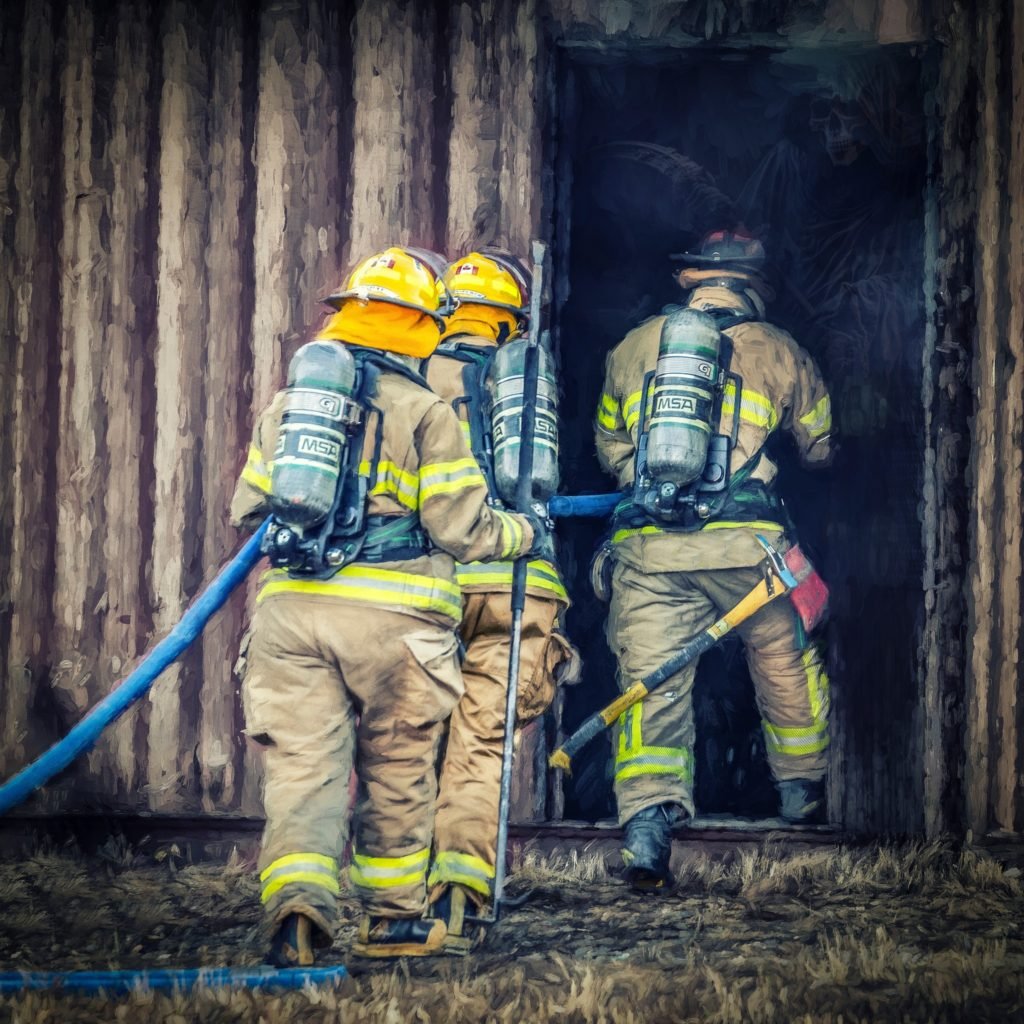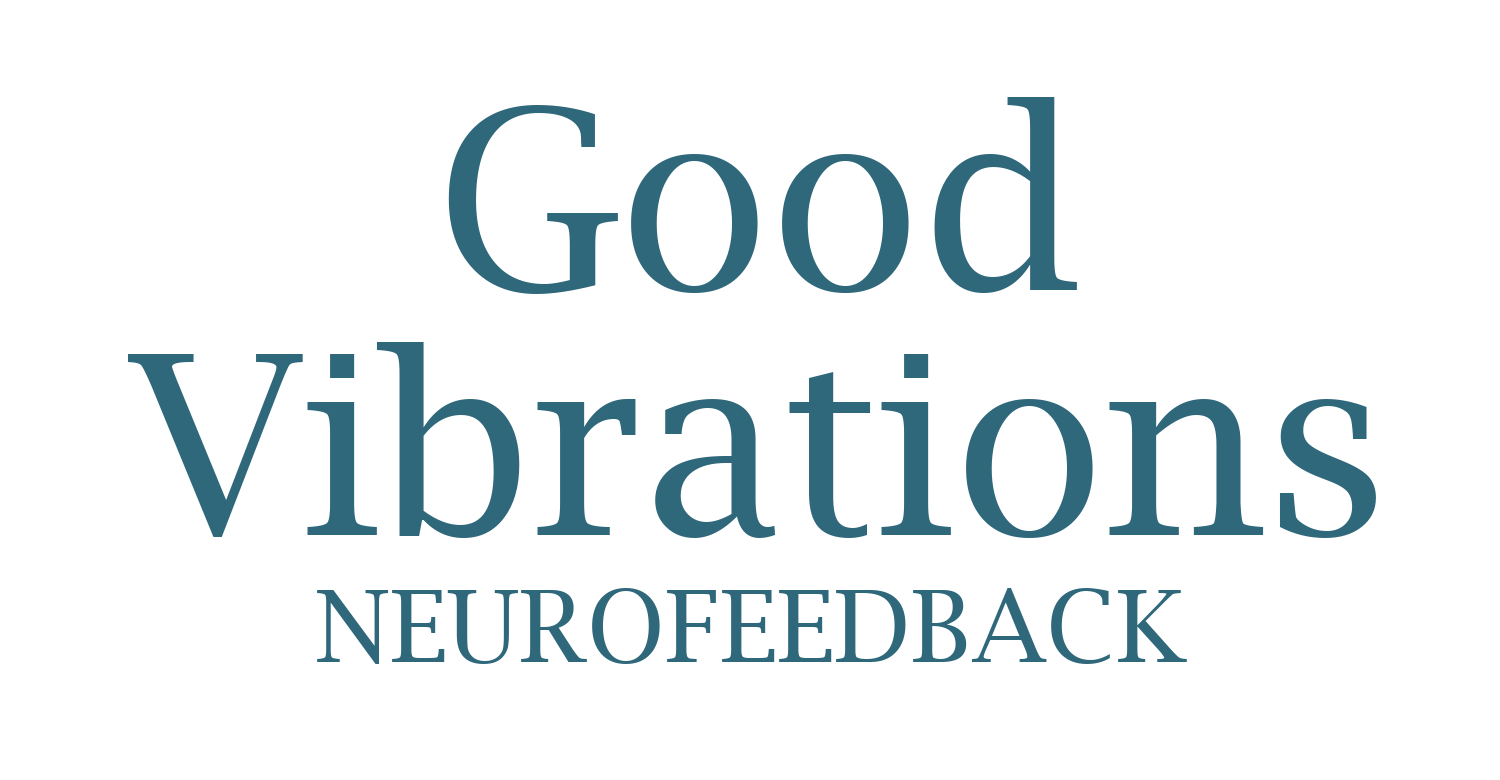Indigenous Voices
Finding My Way Back: Indigenous Voices
I didn’t grow up thinking I’d become a first responder. But in a small Indigenous community, when someone steps up, they step up for everyone. I became a paramedic because I wanted to help – because I knew what it was like to call 911 and wait, hoping someone would come.
But no one warned me how the job would chip away at me. The calls with kids. The overdoses. The suicides. It hits differently when you know the names, the families, the histories. Some days, I’d finish my shift and sit in the ambulance long after the radio went quiet, staring at nothing.
I didn’t talk about it. Not with my crew. Not with my family. You carry it. That’s what we were taught. Strong on the outside, even when you’re falling apart inside.
Eventually, I stopped sleeping. I snapped at my partner. I drank more than I should. I couldn’t shake the feeling that I was losing myself.
Then someone told me about NeurOptimal® Neurofeedback. I didn’t know much, just that it wasn’t counseling or meds – it was something different. Something about training the brain to find its way back.
The first time I sat in a session, I was skeptical. Just music and brief pauses – no diagnosis, no digging into trauma. But afterward, I felt… lighter. I didn’t even realize how tightly I’d been wound until I wasn’t anymore.
I kept going. Week after week, my sleep came back. So did my patience. I wasn’t triggered by every little thing. I could feel joy again – on the land, with my family, even at work.
It didn’t erase what I’d been through. But it helped me hold it differently. It gave me breathing room.
Too few people in our communities know this exists.
We talk a lot about cultural healing – and I believe in that. But I also believe in brain training. It’s not either-or. It’s both. Our people deserve every tool that can help us heal.
If you’re out there carrying too much, thinking there’s no way back – I’m telling you there is. This helped me. It could help you too.

